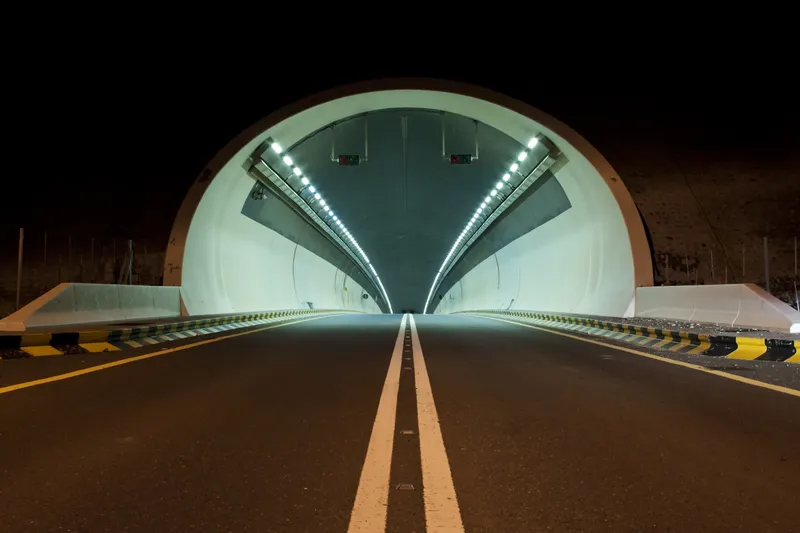Global Traffic Technologies (GTT) has implemented its Opticom traffic pre-emption solution at 17 intersections in the city of Boerne, Texas, US, which will be used primarily by the Boerne Fire Department to ensure its vehicles and personnel are able to proceed to incidents swiftly and safely. Opticom works alongside intersection controllers to provide emergency vehicles equipped with Opticom emergency vehicle pre-emption (EVP) with a clear path through the intersection. The EVP system on board the vehicle s
August 1, 2017
Read time: 1 min
Opticom works alongside intersection controllers to provide emergency vehicles equipped with Opticom emergency vehicle pre-emption (EVP) with a clear path through the intersection. The EVP system on board the vehicle sends a request to the intersection’s controller ahead of its arrival and, if granted, the light turns green.










